Brave new steps put Scott’s career in jeopardy. With a new partner and determination, can he still succeed? Strictly Ballroom is a 1992 Australian romantic comedy directed by Baz Luhrmann. […]
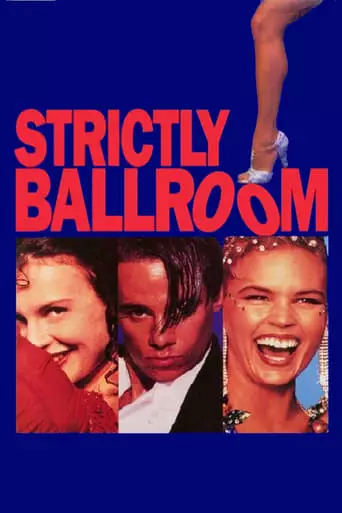
Brave new steps put Scott’s career in jeopardy. With a new partner and determination, can he still succeed? Strictly Ballroom is a 1992 Australian romantic comedy directed by Baz Luhrmann. […]
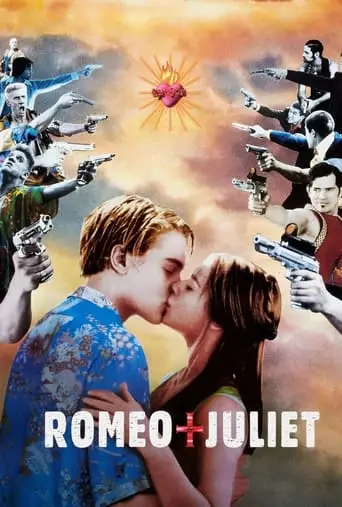
In director Baz Luhrmann’s contemporary take on William Shakespeare’s classic tragedy, the Montagues and Capulets have moved their ongoing feud to the sweltering suburb of Verona Beach, where Romeo and […]
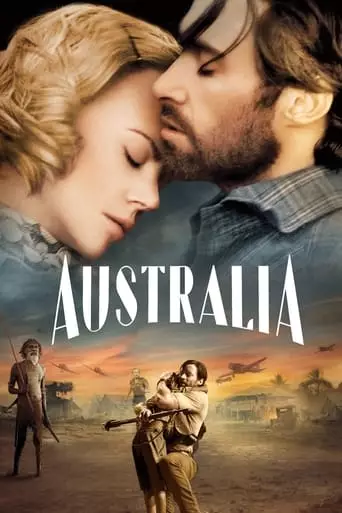
Set in northern Australia before World War II, an English aristocrat who inherits a sprawling ranch reluctantly pacts with a stock-man in order to protect her new property from a […]
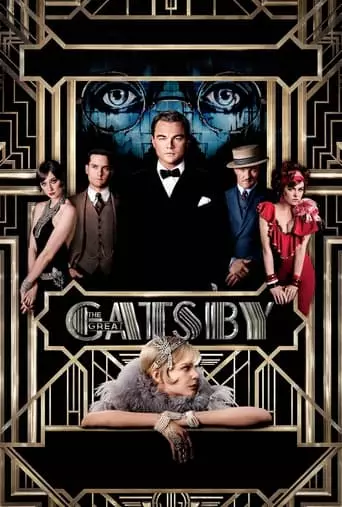
An adaptation of F. Scott Fitzgerald’s Long Island-set novel, where Midwesterner Nick Carraway is lured into the lavish world of his neighbor, Jay Gatsby. Soon enough, however, Carraway will see […]
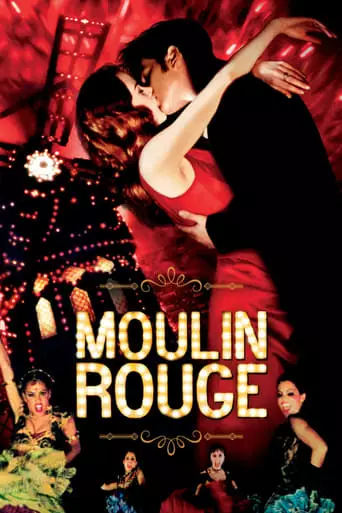
A celebration of love and creative inspiration takes place in the infamous, gaudy and glamorous Parisian nightclub, at the cusp of the 20th century. A young poet, who is plunged […]
Baz Luhrmann: The Visionary Maestro of Spectacle and Emotion
Baz Luhrmann, born Mark Anthony Luhrmann on September 17, 1962, in Sydney, Australia, is a celebrated filmmaker, writer, and producer known for his bold, opulent visual style and his ability to fuse high drama with modern sensibilities. With iconic films like Moulin Rouge! (2001), The Great Gatsby (2013), and Elvis (2022), Luhrmann has become synonymous with cinematic extravagance and emotionally charged storytelling. His work, often described as “operatic” in its grandeur, is characterized by its vibrant energy, innovative use of music, and ability to reimagine classic tales for contemporary audiences.
Early Life and Career Beginnings
Baz Luhrmann grew up in Herons Creek, a small town in New South Wales, where his father ran a gas station and a movie theater. This early exposure to film sparked his love for storytelling and the arts. After studying at the National Institute of Dramatic Art (NIDA) in Sydney, Luhrmann began his career in theater, where he honed his flair for combining music, drama, and visual spectacle.
His breakthrough came with the stage production of Strictly Ballroom, a quirky and heartfelt story about competitive ballroom dancing. The play’s success led Luhrmann to adapt it into a feature film in 1992, marking his directorial debut.
The “Red Curtain Trilogy”
Luhrmann’s first three films—Strictly Ballroom (1992), Romeo + Juliet (1996), and Moulin Rouge! (2001)—form what he calls the “Red Curtain Trilogy.” Each film is marked by a theatrical, heightened reality and a focus on music and dance as integral storytelling elements.
Strictly Ballroom (1992): This romantic comedy about a rebellious dancer and his unconventional partner was a critical and commercial success. The film’s vibrant aesthetic, humor, and heart captured audiences worldwide and established Luhrmann as a director with a unique voice.
Romeo + Juliet (1996): A modern retelling of Shakespeare’s tragedy, starring Leonardo DiCaprio and Claire Danes, this film set the classic tale in a contemporary urban landscape while retaining the original Elizabethan dialogue. Its bold visual style, fast-paced editing, and eclectic soundtrack made it a cultural phenomenon and introduced Shakespeare to a new generation.
Moulin Rouge! (2001): Perhaps Luhrmann’s most iconic work, this musical extravaganza starring Nicole Kidman and Ewan McGregor is a whirlwind of color, music, and emotion. Set in the bohemian world of 1899 Paris, Moulin Rouge! blends classic and modern songs to tell a tragic love story. The film received eight Academy Award nominations, winning two, and remains a landmark in the musical genre.
Expanding His Vision: Australia and The Great Gatsby
After the success of the Red Curtain Trilogy, Luhrmann turned his attention to larger-scale projects that expanded his thematic and visual ambitions.
Australia (2008): A sweeping romantic epic starring Nicole Kidman and Hugh Jackman, this film is set against the backdrop of World War II and the Australian outback. While it received mixed reviews, it showcased Luhrmann’s ability to create grand, emotionally resonant narratives on an epic scale.
The Great Gatsby (2013): Luhrmann’s adaptation of F. Scott Fitzgerald’s classic novel brought the Jazz Age to life with dazzling visuals and a modern soundtrack featuring artists like Jay-Z and Lana Del Rey. Starring Leonardo DiCaprio as Jay Gatsby, the film explores themes of love, ambition, and the American Dream. Though divisive among critics, it was a box office success and won two Academy Awards for its production and costume design.
Elvis (2022): A Rock-and-Roll Biopic
Luhrmann’s most recent work, Elvis, is a biographical drama about the life and career of Elvis Presley, portrayed by Austin Butler. The film explores Presley’s rise to fame, his complex relationship with manager Colonel Tom Parker (played by Tom Hanks), and his enduring impact on music and culture.
Elvis was praised for its electrifying performances, particularly Butler’s transformative portrayal of the King of Rock and Roll, as well as Luhrmann’s energetic direction and innovative storytelling. The film became a critical and commercial success, earning multiple award nominations and reaffirming Luhrmann’s reputation as a master of spectacle and emotion.
Style and Themes
Baz Luhrmann’s films are instantly recognizable for their distinctive style and thematic depth. Key elements of his work include:
Visual Extravagance: Luhrmann’s films are known for their vibrant colors, elaborate sets, and intricate costumes, creating a heightened reality that immerses viewers in his worlds.
Music as Narrative: Whether reimagining Shakespeare with a contemporary soundtrack or blending modern and classic songs in Moulin Rouge! and The Great Gatsby, Luhrmann uses music to amplify emotion and connect with audiences.
Timeless Stories, Modern Sensibilities: Luhrmann often reinterprets classic tales—Shakespeare, Fitzgerald, or historical figures like Elvis Presley—infusing them with contemporary relevance and accessibility.
Themes of Love and Ambition: At the heart of Luhrmann’s films are stories of love, passion, and the pursuit of dreams, often set against the backdrop of societal constraints or historical change.
Legacy and Influence
Baz Luhrmann’s work has left an indelible mark on cinema, influencing filmmakers and audiences alike with his bold storytelling and innovative approach to filmmaking. His ability to merge traditional narratives with modern aesthetics has redefined genres and expanded the possibilities of cinematic storytelling.
From the ballroom floors of Strictly Ballroom to the glittering world of Moulin Rouge! and the soulful exploration of Elvis, Luhrmann’s films continue to captivate and inspire. His commitment to pushing boundaries and celebrating the power of art and emotion ensures his place as one of the most distinctive voices in contemporary cinema.
Conclusion
Baz Luhrmann is a filmmaker who dares to dream big and delivers unforgettable cinematic experiences. With his unique blend of spectacle, emotion, and innovation, he has redefined storytelling for the modern age, creating films that are as visually stunning as they are emotionally resonant. As a true auteur, Luhrmann’s work continues to enchant audiences and solidify his legacy as a master of the art form.